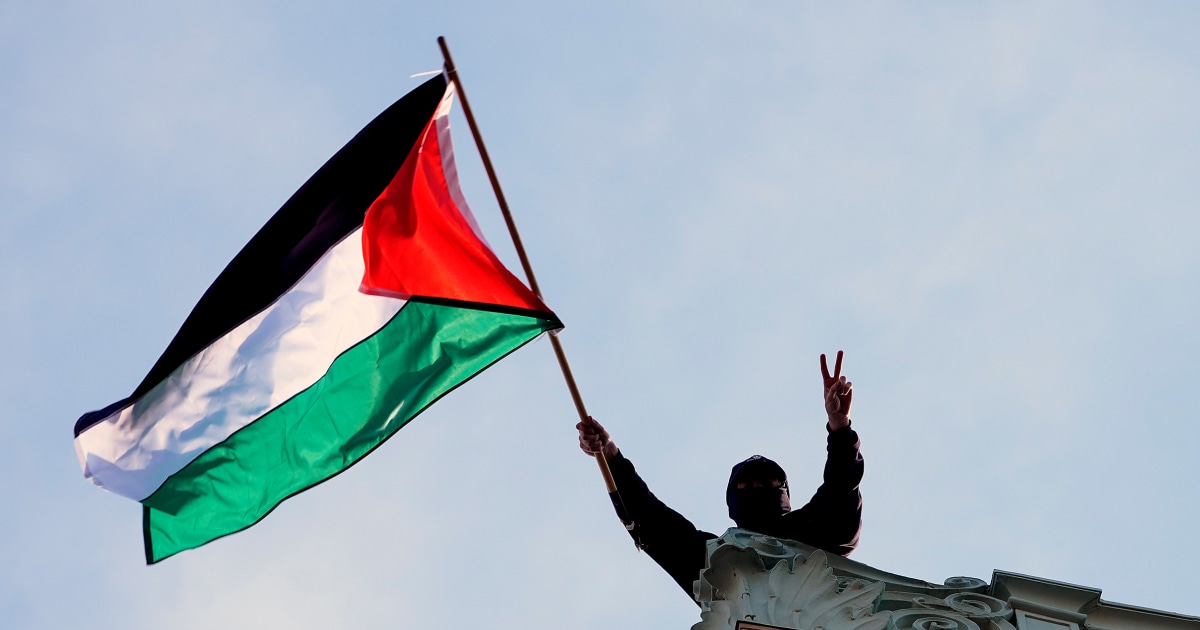European Nations Move to Recognize Palestinian State, Draws Varied Global Reactions
In a historic diplomatic shift, three European nations—Ireland, Norway, and Spain—have announced their formal recognition of a Palestinian state. This unprecedented move, set to take place on May 28, has sparked significant reactions from various quarters globally, placing the Israeli-Palestinian conflict back in the international spotlight.
The announcement has been met with a mix of praise and condemnation. While Palestinians and their supporters view this as an essential step towards peace and self-determination, Israel has reacted with swift diplomatic reprisals. Prime Minister Benjamin Netanyahu's government has withdrawn ambassadors from Oslo and Dublin and signaled that it will do the same with Madrid. According to Israeli Foreign Minister Israel Katz, the recognition could potentially hinder efforts to free Israeli hostages and ceasefire discussions.
Implications for Israel and Palestine
Norwegian Prime Minister Jonas Gahr Støre emphasized the necessity of the two-state solution, describing it as the only viable path to lasting peace between Israelis and Palestinians. At a Dublin press conference, Irish Prime Minister Simon Harris expressed hope that this decision would offer much-needed encouragement to Palestinians. Spanish Prime Minister Pedro Sánchez, addressing his nation's parliament, described the recognition as an act promoting peace and justice.
However, Israel interprets this move as a reward for terrorism, especially given the involvement of Hamas in recent conflicts. The Israeli viewpoint is bolstered by concerns that formal recognition might bolster Hamas and undermine peace efforts.
Legal and Diplomatic Ramifications
The recognition comes against the backdrop of the International Criminal Court's recent announcement of planned arrest warrants against Israeli and Hamas leaders for alleged war crimes. This has added another layer of complexity to an already volatile situation. Democratic U.S. President Joe Biden, despite growing frustration over Israel's handling of the Gaza conflict, criticized these legal moves against Netanyahu as 'outrageous.'
The United States and several European nations, including Germany and France, have traditionally aligned with Israel. This recent shift by some European countries, however, is causing ripples across diplomatic circles. While it may signal increased support for the Palestinian cause, it also exposes the divisions within Europe and between Europe and the United States regarding strategies for peace in the Middle East.
Historical Context and Future Prospects
Recognition of a Palestinian state is rooted in historical agreements like the 1978 Camp David Accords and the Oslo Accords. While these efforts initially paved pathways to peace, they ultimately fell short of achieving a lasting solution. Netanyahu has consistently rejected the two-state solution, especially following the deadly October 7 attack by Hamas, which resulted in significant Israeli casualties and hostages.
The broader context highlights the long-standing support for the Palestinian cause in countries like Ireland, which sympathizes due to its history of struggle for independence. Norway's involvement in brokering the Oslo Accords also underpins its current stance.
European Union officials have reiterated their commitment to a two-state solution and continue to provide humanitarian aid to Palestinian territories. However, achieving a unified European position on this issue remains unlikely due to varying national interests and political landscapes.
- The recent European announcements are likely to increase diplomatic pressure on Israel and potentially influence other nations to reconsider their positions on Palestine. The gesture has also galvanized Palestinian leaders like Mahmoud Abbas, who called for more countries to follow suit.
- Despite international support, the practical impact of these recognitions on achieving peace remains uncertain. The Israeli military's ongoing operations in Gaza and the political landscape within Israel suggest a complicated road ahead.
- The United States' stance, traditionally supportive of Israel, might undergo scrutiny as public and political discourse around the Israeli-Palestinian conflict evolves. This scenario underscores the critical interplay between diplomatic recognition, international law, and on-the-ground realities in the Middle East.






